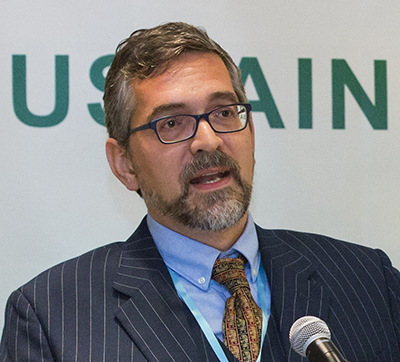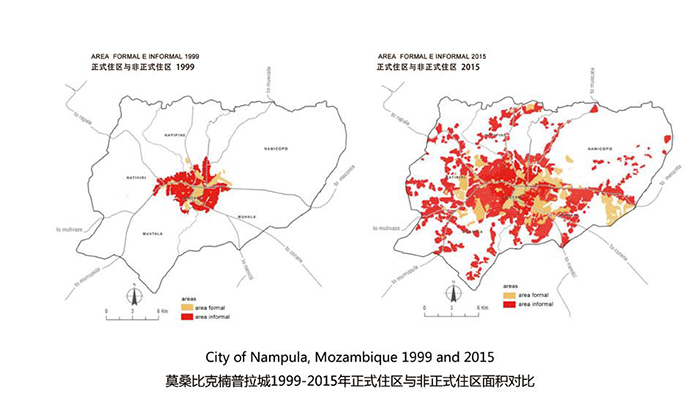


Committed to Sustainable Cities and Human Settlements for All

In Special Consultative Status with ECOSOC
Search
NameDescriptionContent
Home>>Text
Dr. Alexander R. Jachnow:Urban form and urban policies–Guiding the development of sustainable cities in Africa
Source:
|
Author:gfhsforum
|
Published time: 2017-11-17
|
1779 Views
|
Share:

Dr. Alexander R. Jachnow, Head of Urban Strategies and Planning,
Institute for Housing and Urban Development Studies, Erasmus University Rotterdam
Over the last decades, African cities have experienced a rapid growth in population, but even more in terms of the areas they occupy. Cities and villages continue to grow in their peripheries, both through natural growth rates as well as through rural migration. In a resource-scarce environment with limited financial means and human capacity, this growth has been largely informal, with limited infrastructural provision, and an uncontrolled consumption of land.
As the majority of urban areas today lack planning, unplanned settlements have become the predominant, modern feature of urbanization. In the absence of intentional approaches for the making of cities, core challenges emerge around the use of space. Most spatial strategies face strong limitations in the contexts of African cities. On the one hand, densification cannot yet be promoted in cities where a considerable part is composed of informal settlements. These areas are suffering from the constrictions of the built environment rather than obtaining agglomeration benefits. Moreover, a majority of poor urban dwellers lives partially off subsistence agriculture and could not afford moving into urban housing. On the other hand, though city expansion plans that indicate future allotment exist, they are not a part of a city-wide, coherent and strategic development. The prevailing pattern of urbanization therefore continues to be the informal sprawl over periurban areas. This sprawl can be characterized as a selfdriven process, carried out by individuals that engage in transaction of land, often indirectly supported by the authorities.
Urbanization seems to be uncontrollable and hence unsustainable as it is extremely difficult to guide spatial organization, especially in terms of land use and the provision of infrastructure and services. The reluctance to proactively manage urban areas is rooted in two main obstacles. Firstly the lack of resources, in terms of human resources, including technical capacities, and financial resources at the municipal level, as well as the lack of legal frameworks that would provide incentives for the application of rules, not for avoiding them. The second obstacle is rooted in the political economy: the lack of a strong champion for urban development and the general lack of political will and commitment is evident in many governments’ strategic plans that widely overlook the role of the urban sector.
Policies able to orient urban development, referred to in this context as “urban policies” are generally addressing aspects of social, economic and physical development of the city. Urban policies require the conceptual understanding of not only how to steer and monitor progress but also how the potential results of spatial development can contribute to positive overall impacts, especially to sustainability.
In the absence of an authority sufficiently equipped with capacities to plan and implement, decision makers and technical staff first of all have to be capacitated to design, plan and implement policies that aim for more efficient spatial planning and also include other stakeholders in the process, that have the disposition to contribute to the public weal, not promoting their particular interests alone.
To make national urban policies working, it is recommended to set explicit objectives for urban functions on micro, meso and macro level. Policies in this context will be necessary to set rules for complex processes, recognizing, guiding and facilitating the initiatives of many and bringing them together.

Copyright © Global Forum on Human Settlements (GFHS)
